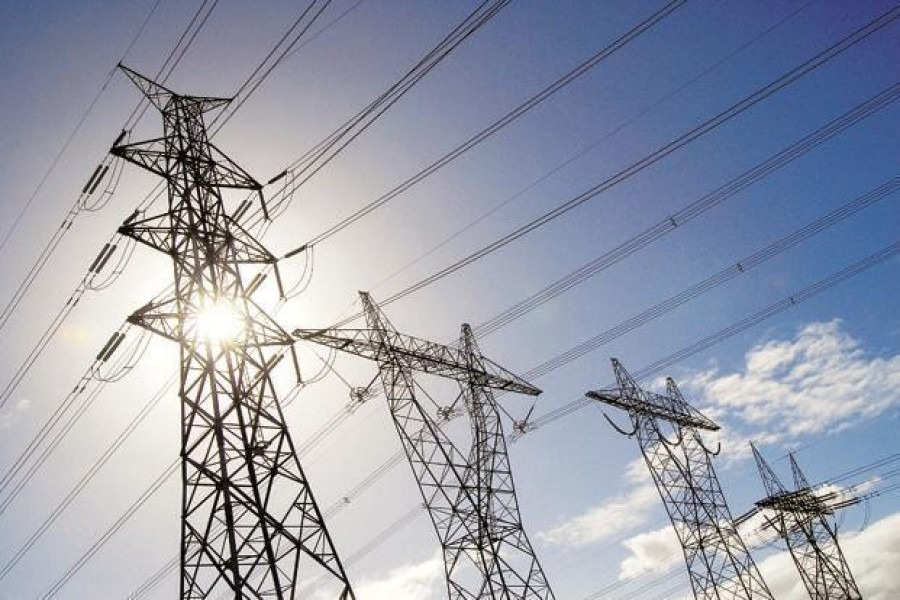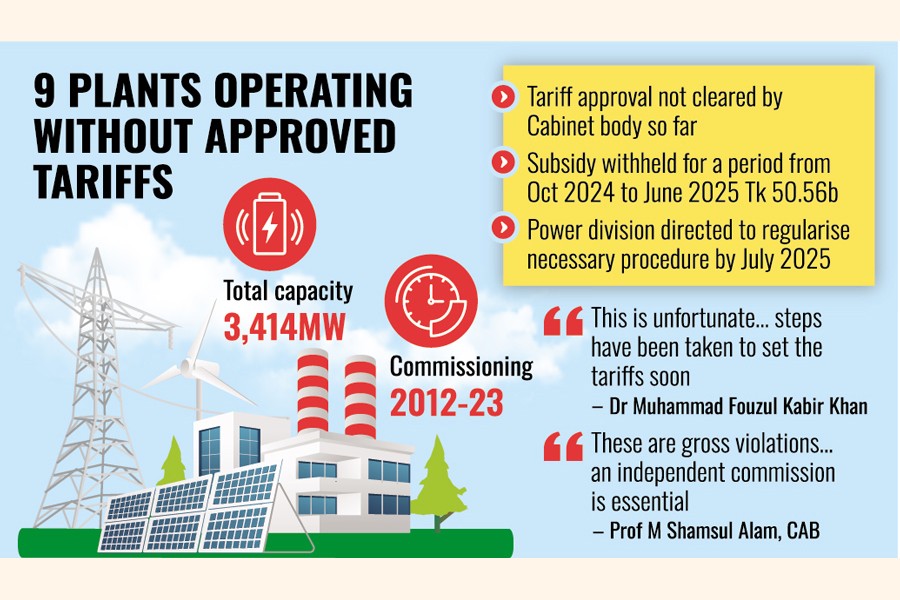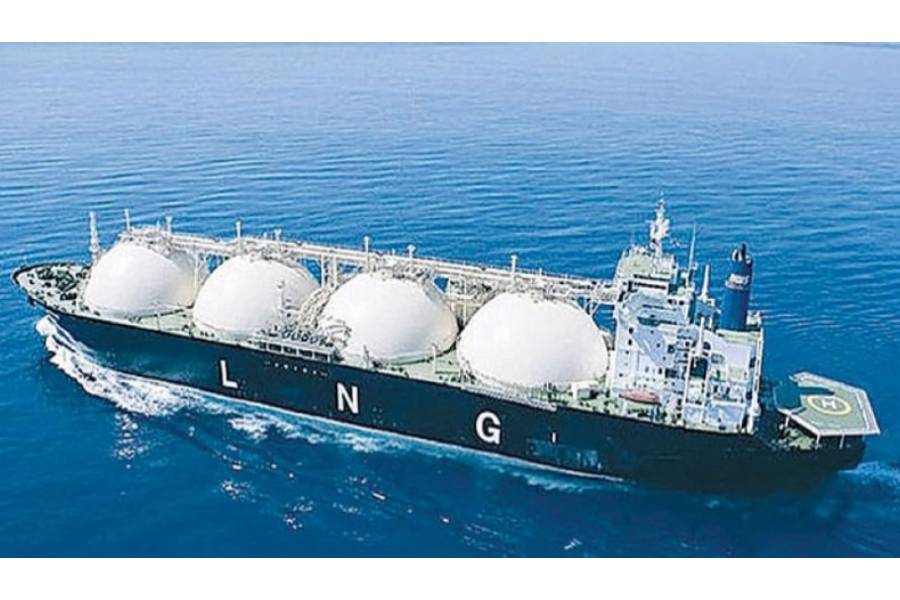Saif
Senior Member
- Joined
- Jan 24, 2024
- Messages
- 15,397
- Reaction score
- 7,874
- Nation

- Residence

- Axis Group


RPGCL reissues tender to buy 2 spot LNG cargoes for August deliveries
State-run Rupantarita Prakritik Gas Company Ltd (RPGCL) has reissued tender to buy two LNG cargoes, scheduled for delivery during August 21-22, and August 28-29. Each cargo will contain 3.36 million British thermal unit (MMBtu) and will be delivered to Moheshkhali Island in the Bay of Be
RPGCL reissues tender to buy 2 spot LNG cargoes for August deliveries
FE ONLINE REPORT
Published :
Jul 16, 2025 20:23
Updated :
Jul 16, 2025 20:23

State-run Rupantarita Prakritik Gas Company Ltd (RPGCL) has reissued tender to buy two LNG cargoes, scheduled for delivery during August 21-22, and August 28-29.
Each cargo will contain 3.36 million British thermal unit (MMBtu) and will be delivered to Moheshkhali Island in the Bay of Bengal, with discharge at either of the country's two floating storage and regasification units (FSRUs) located there.
The bid submission deadline is July 20, a senior RPGCL official said.
The RPGCL has sought the selected short-listed spot liquefied natural gas (LNG) suppliers to re-submit bids as the previous tender faltered due to higher-than-expected price quotes.
Bangladesh has already bought two spot LNG cargoes for delivery in August, said the official.
The country previously procured five spot cargoes in July and six in May, the highest in any single month so far.
RPGCL, a wholly-owned subsidiary of Petrobangla, is responsible for handling the country's LNG imports.
Bangladesh currently imports LNG under long-term supply contracts with QatarEnergy and OQ Trading International, and supplements this supply with short-term spot market purchases as needed.
The country's two operational FSRUs at Moheshkhali have a combined re-gasification capacity of 1,100 million cubic feet per day (mmcfd). Yet the gas supply deficit persists, driven by rapidly depleting domestic natural gas production.
As of July 15, 2025, Bangladesh's total natural gas output, combining both local production and imported LNG, stood at 2,844 mmcfd, while estimated demand exceeded 4,000 mmcfd, according to official data.
This shortfall has forced authorities to ration gas supply to power plants, industrial units, and other key consumers to manage the ongoing crisis.
FE ONLINE REPORT
Published :
Jul 16, 2025 20:23
Updated :
Jul 16, 2025 20:23
State-run Rupantarita Prakritik Gas Company Ltd (RPGCL) has reissued tender to buy two LNG cargoes, scheduled for delivery during August 21-22, and August 28-29.
Each cargo will contain 3.36 million British thermal unit (MMBtu) and will be delivered to Moheshkhali Island in the Bay of Bengal, with discharge at either of the country's two floating storage and regasification units (FSRUs) located there.
The bid submission deadline is July 20, a senior RPGCL official said.
The RPGCL has sought the selected short-listed spot liquefied natural gas (LNG) suppliers to re-submit bids as the previous tender faltered due to higher-than-expected price quotes.
Bangladesh has already bought two spot LNG cargoes for delivery in August, said the official.
The country previously procured five spot cargoes in July and six in May, the highest in any single month so far.
RPGCL, a wholly-owned subsidiary of Petrobangla, is responsible for handling the country's LNG imports.
Bangladesh currently imports LNG under long-term supply contracts with QatarEnergy and OQ Trading International, and supplements this supply with short-term spot market purchases as needed.
The country's two operational FSRUs at Moheshkhali have a combined re-gasification capacity of 1,100 million cubic feet per day (mmcfd). Yet the gas supply deficit persists, driven by rapidly depleting domestic natural gas production.
As of July 15, 2025, Bangladesh's total natural gas output, combining both local production and imported LNG, stood at 2,844 mmcfd, while estimated demand exceeded 4,000 mmcfd, according to official data.
This shortfall has forced authorities to ration gas supply to power plants, industrial units, and other key consumers to manage the ongoing crisis.




